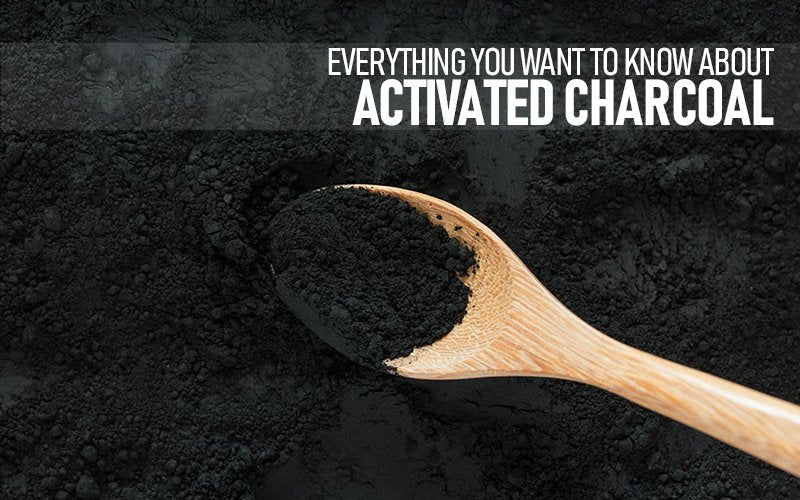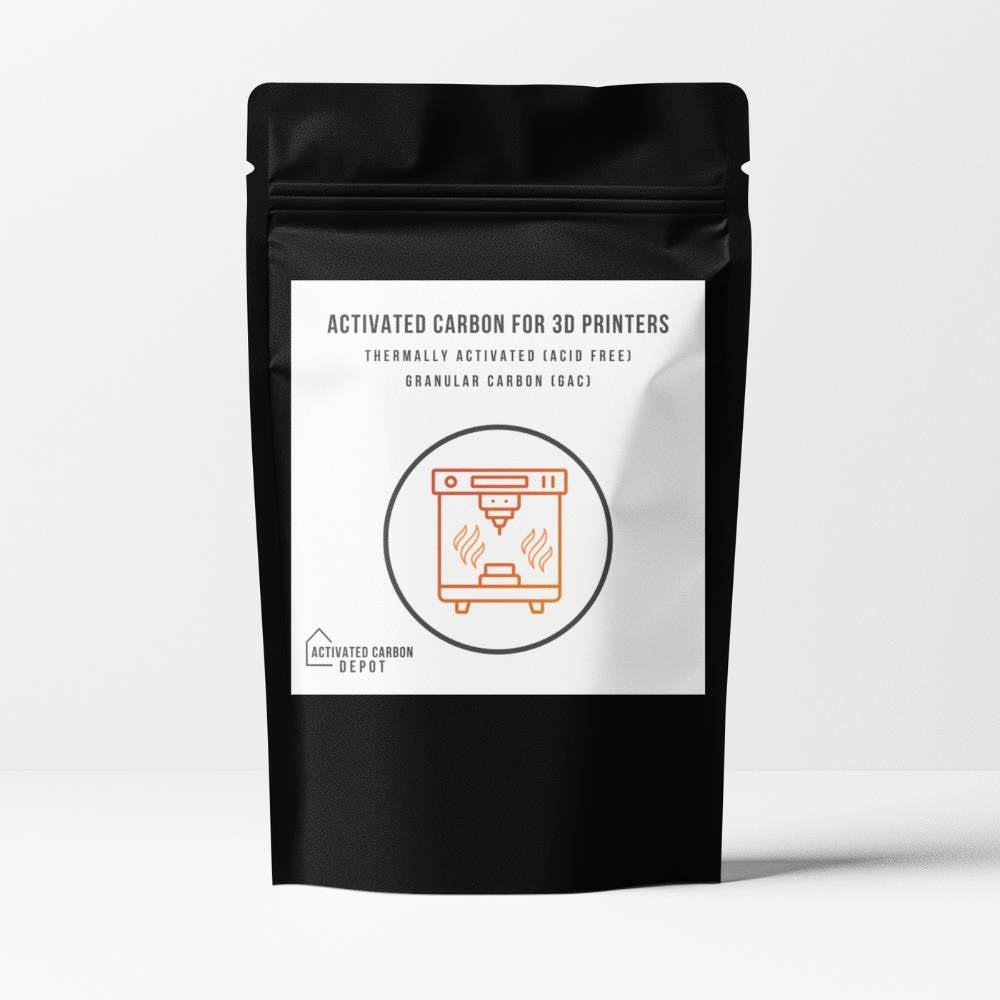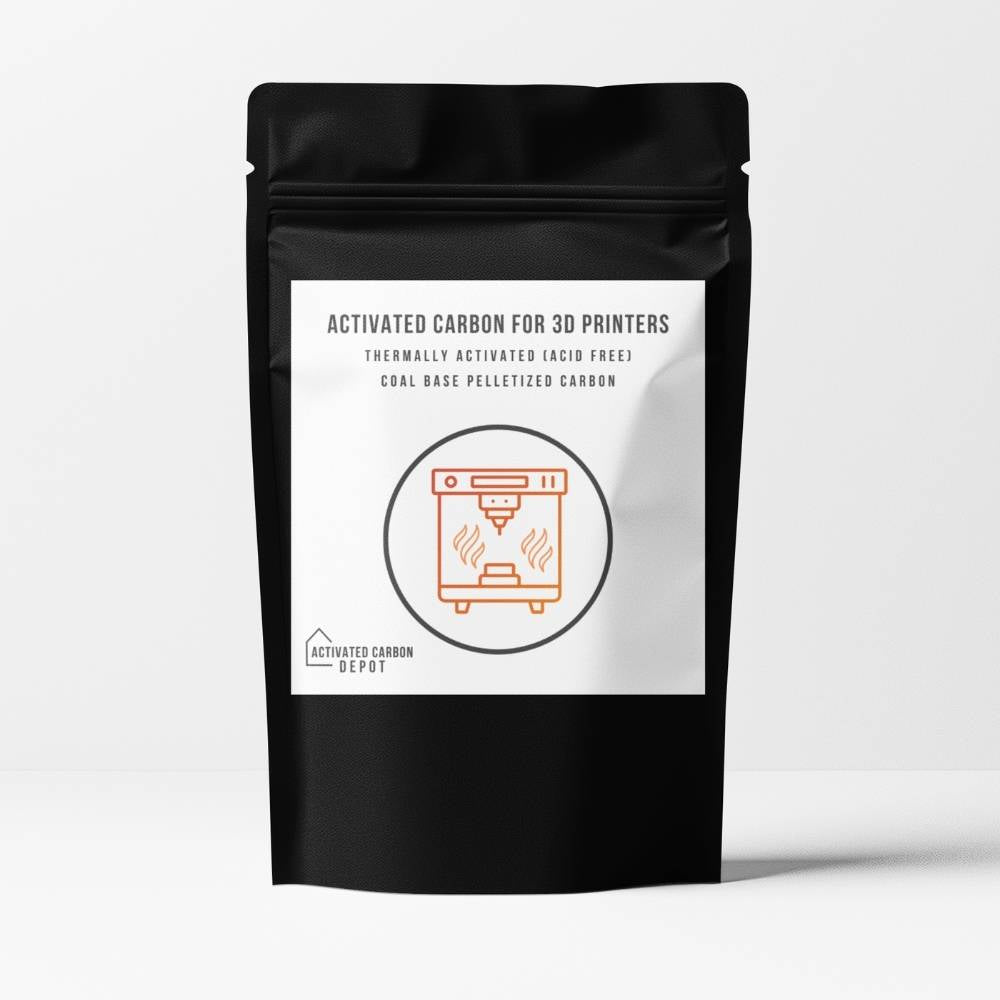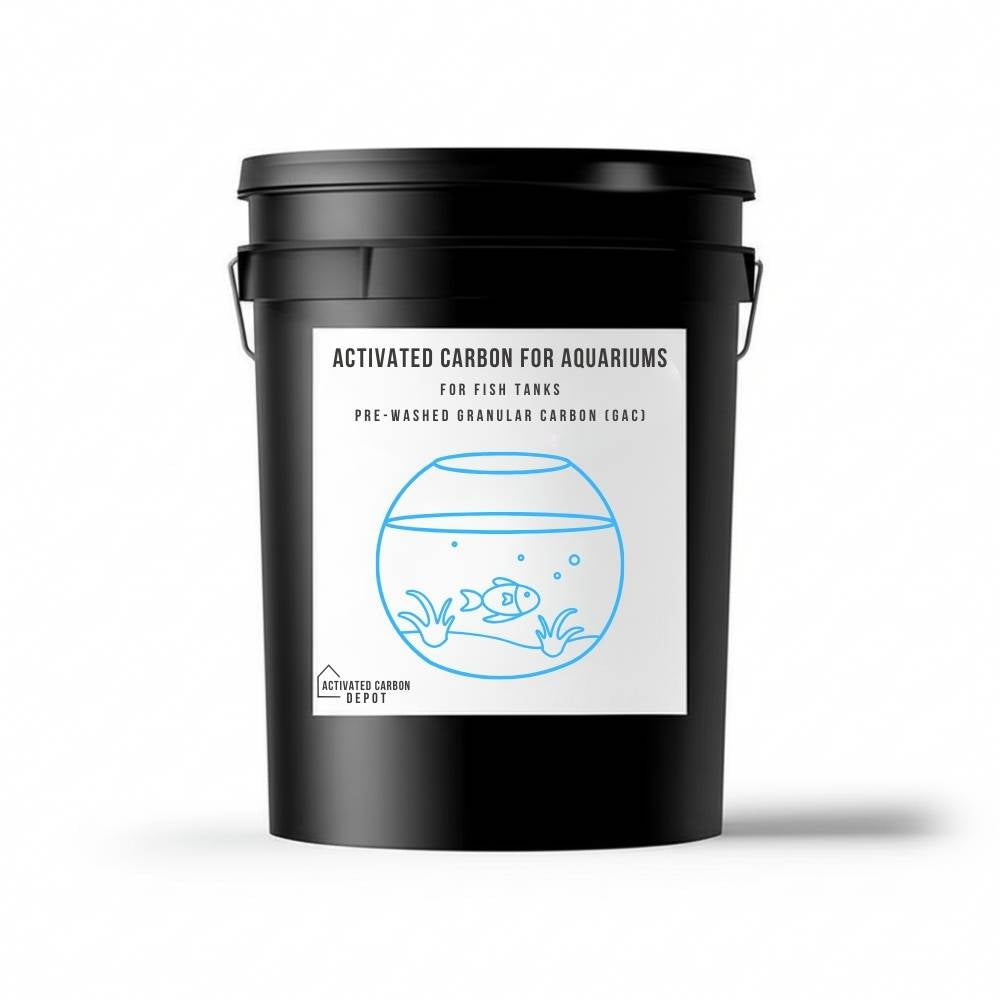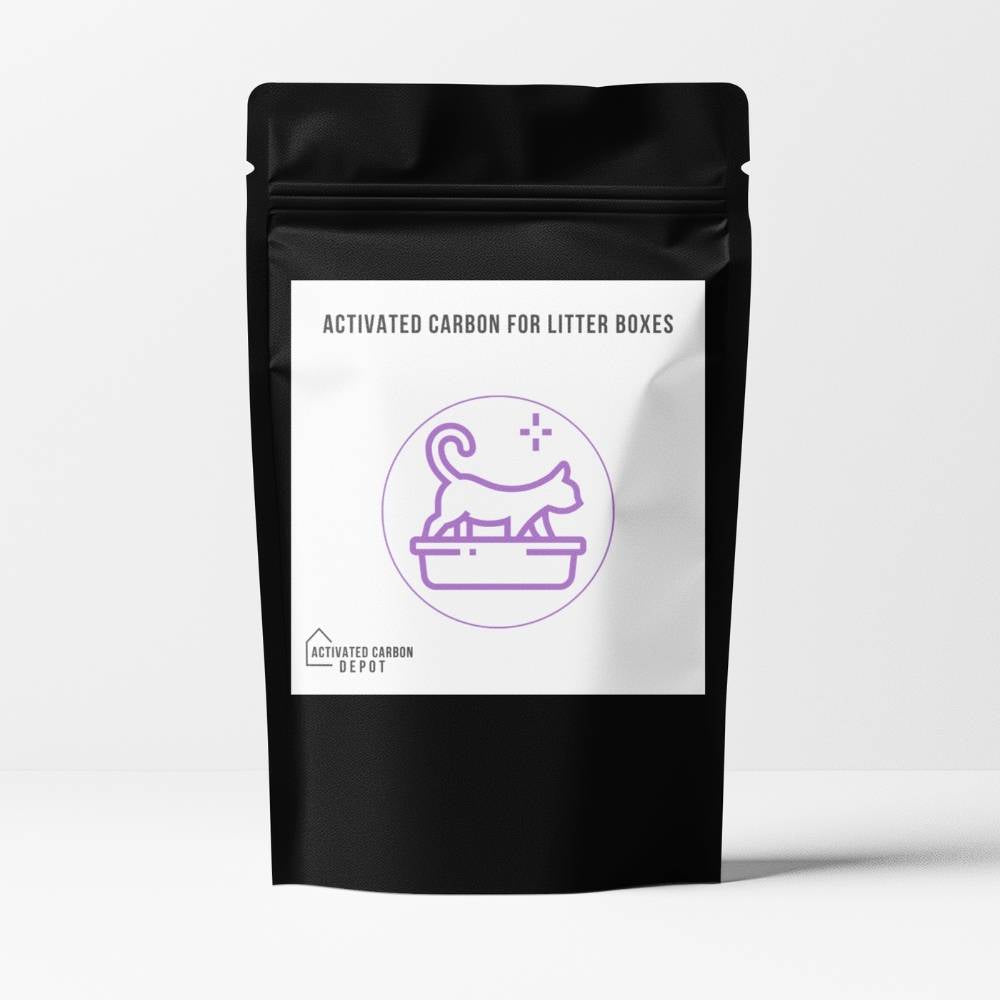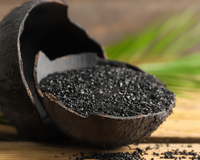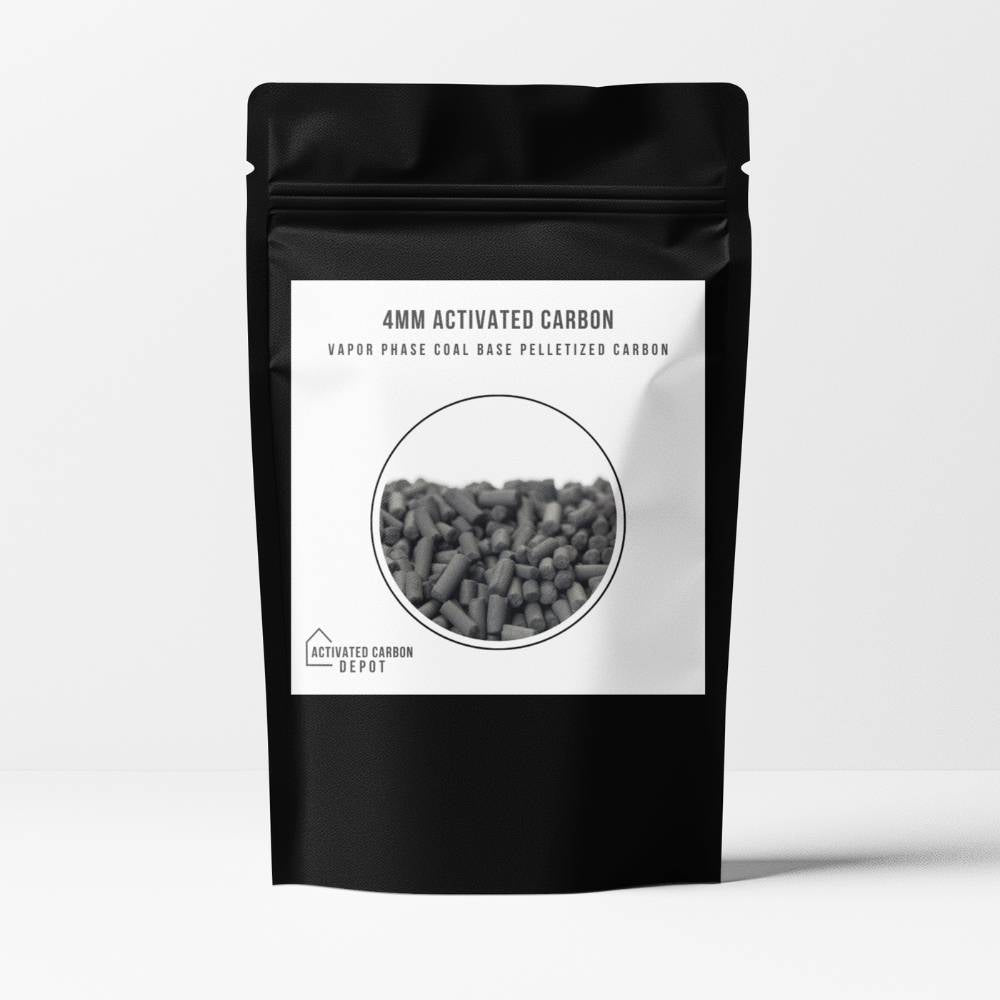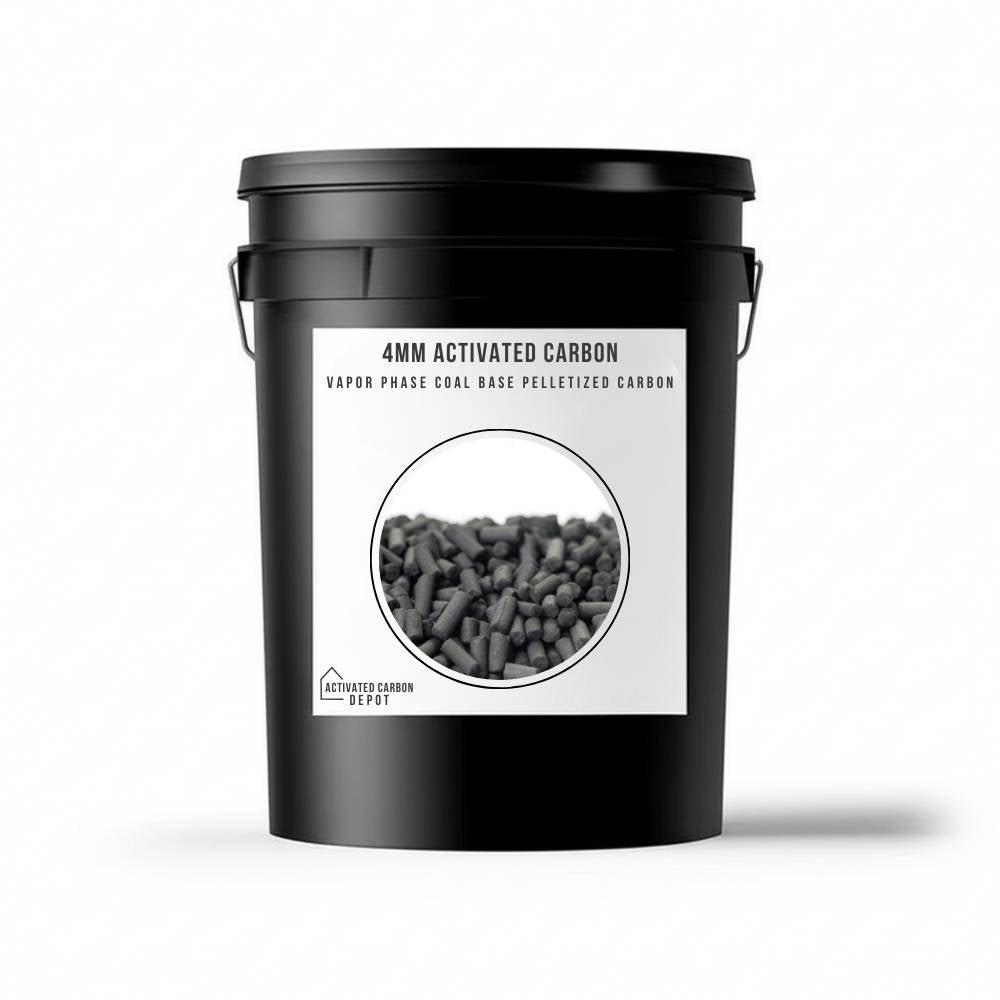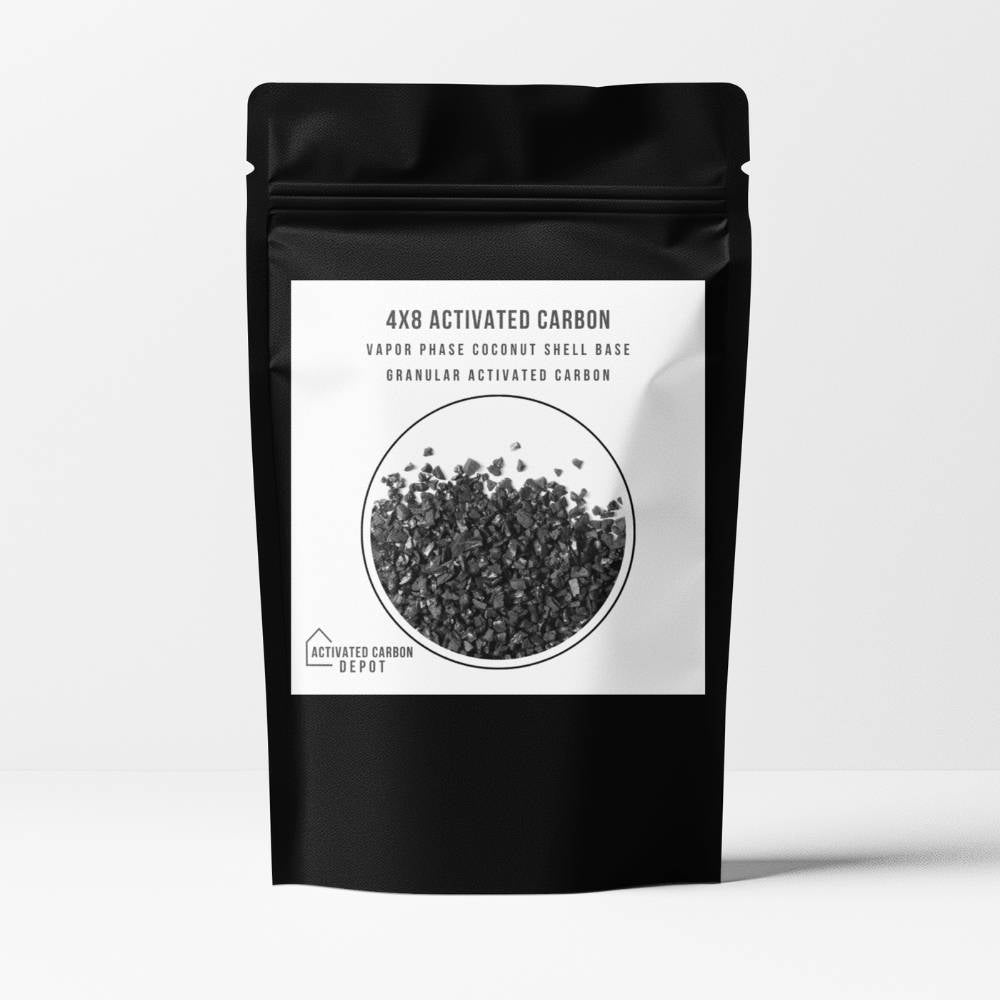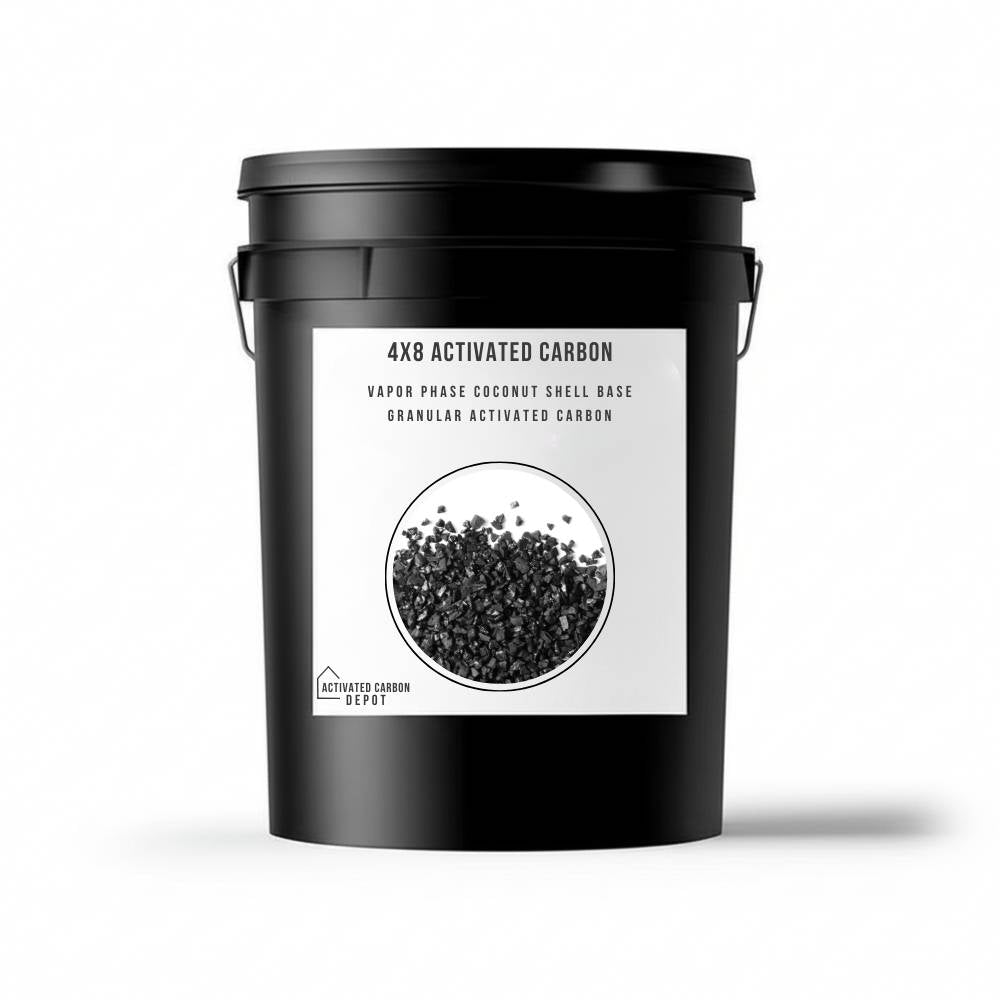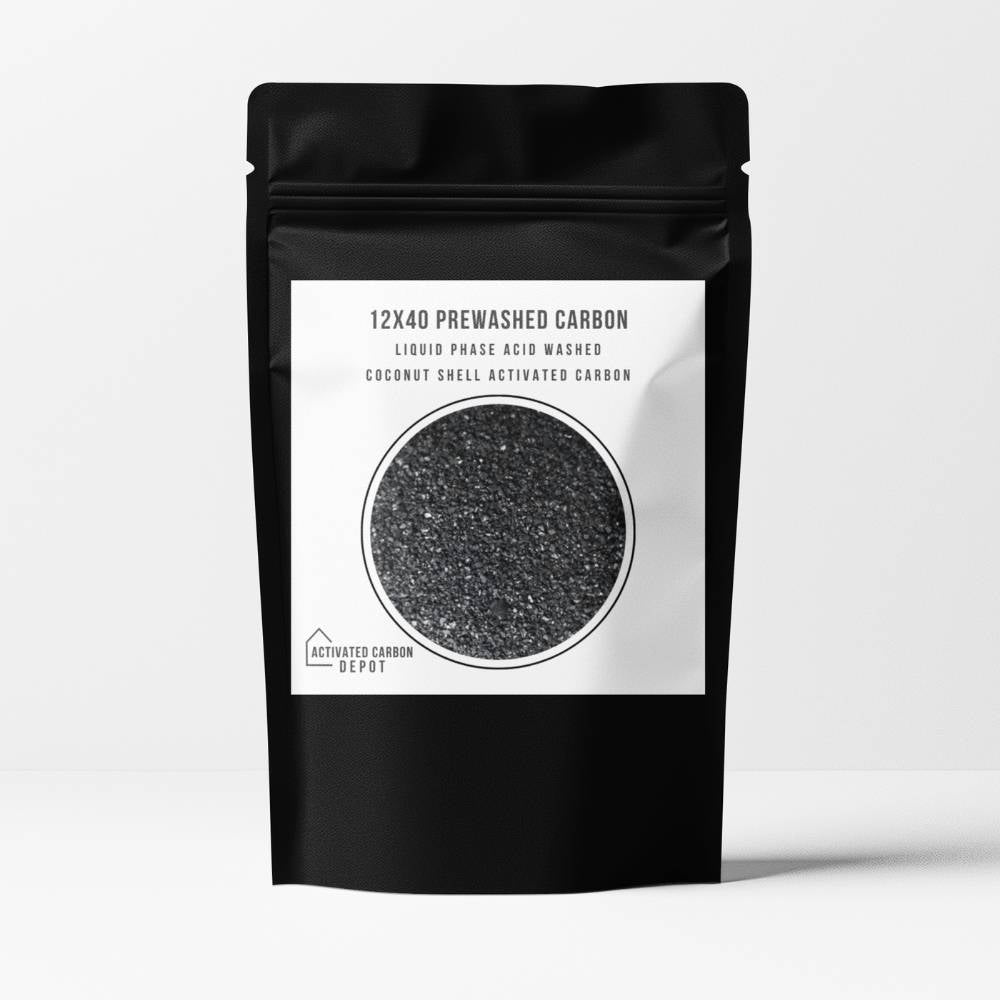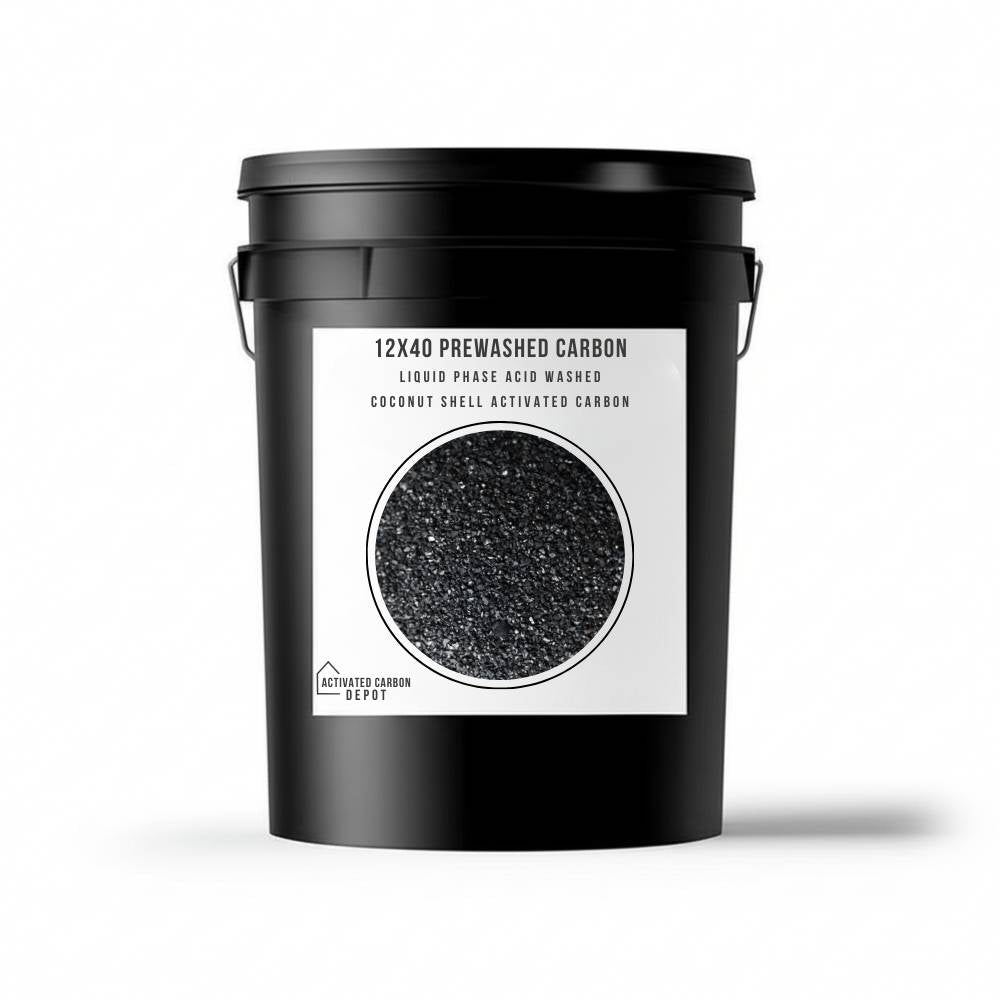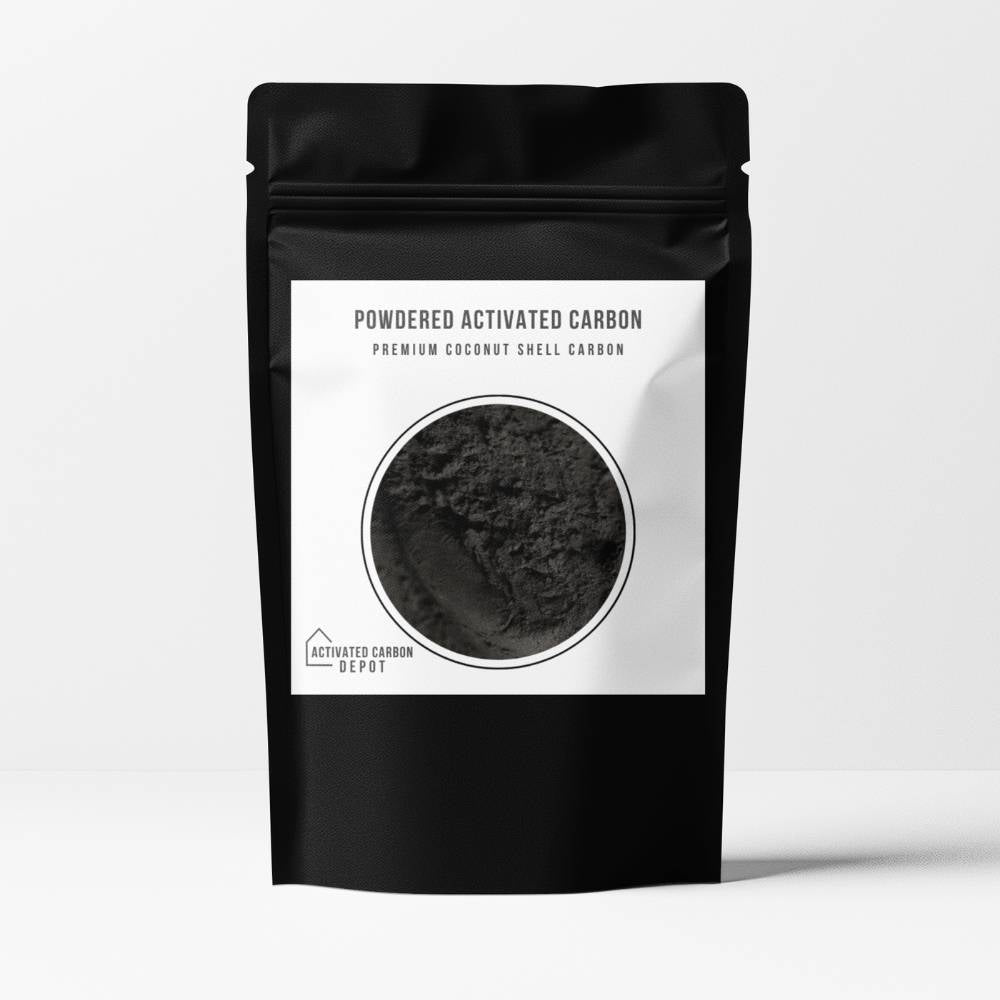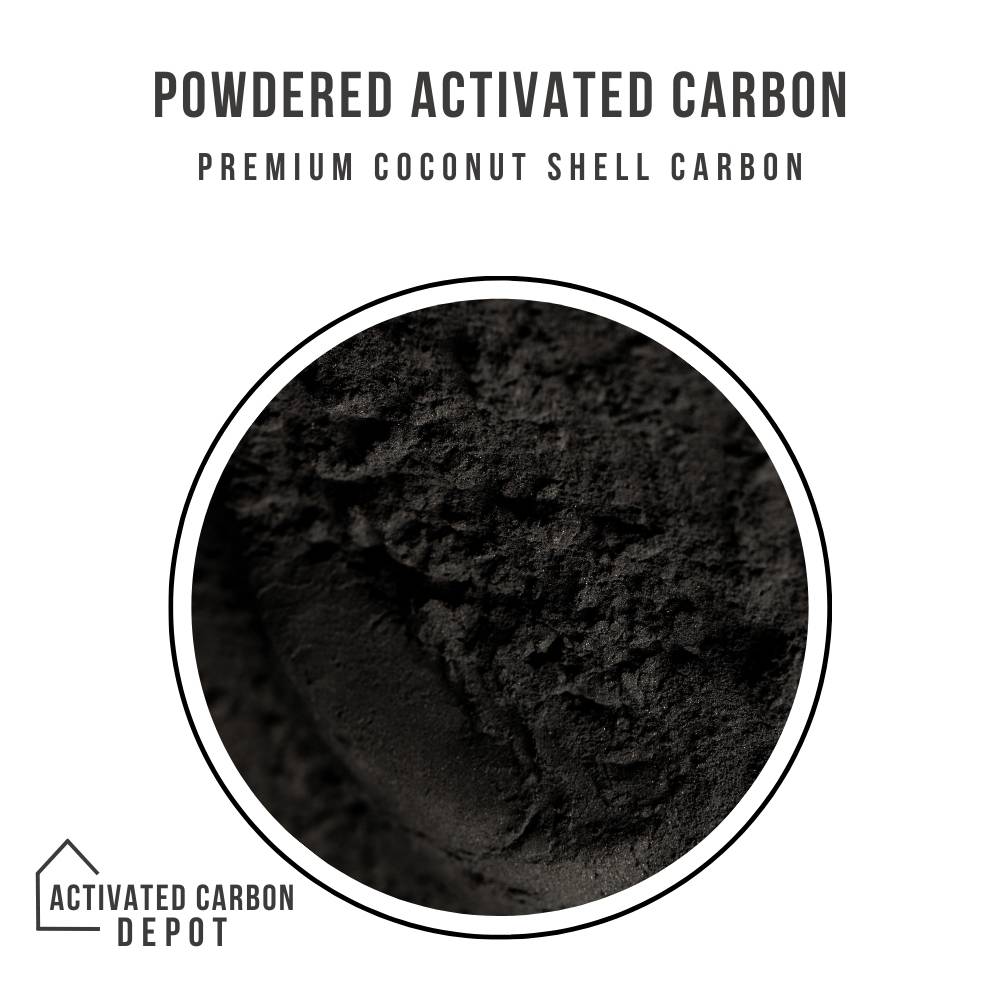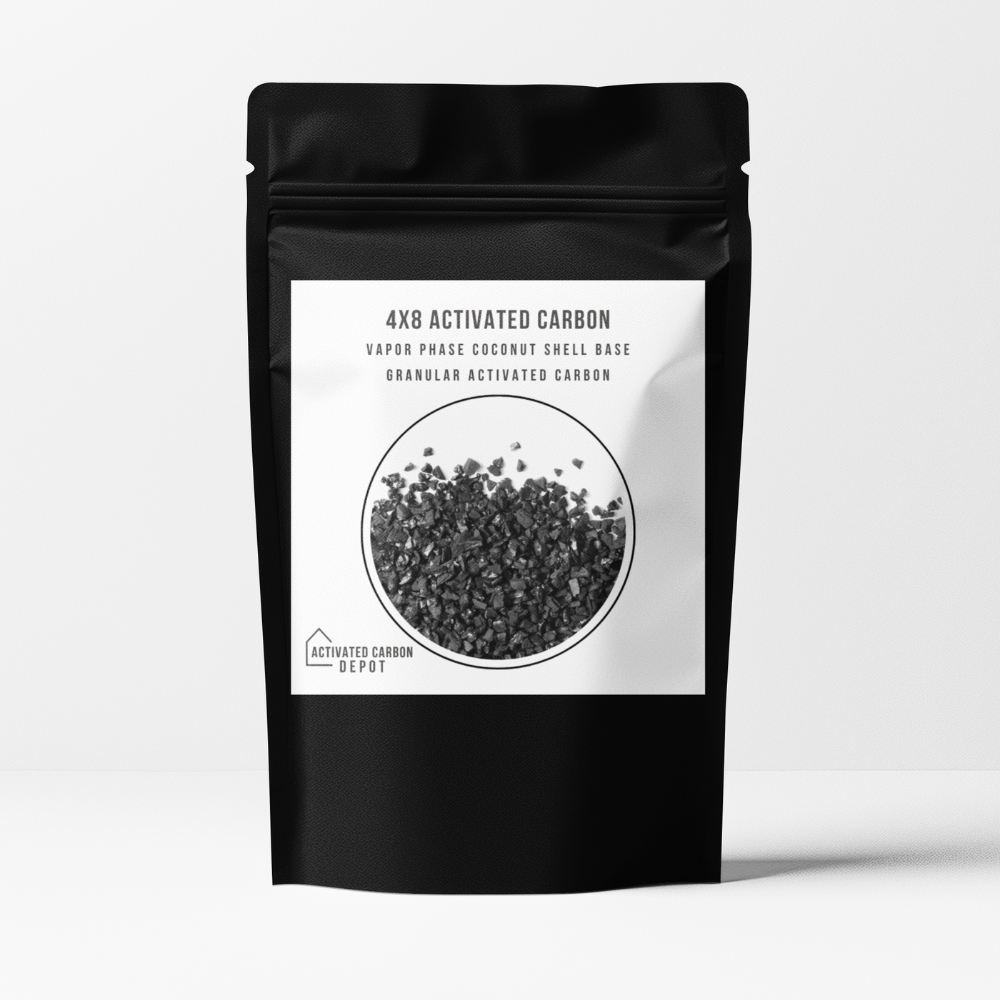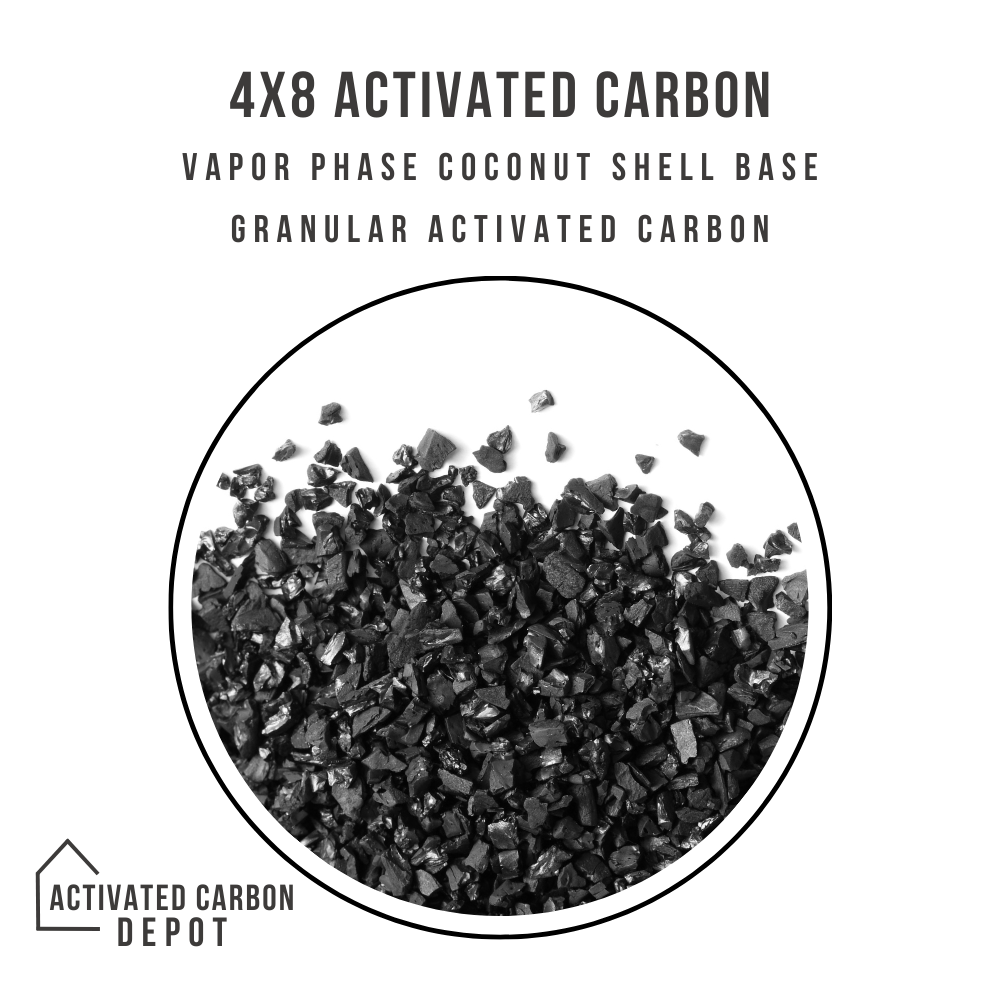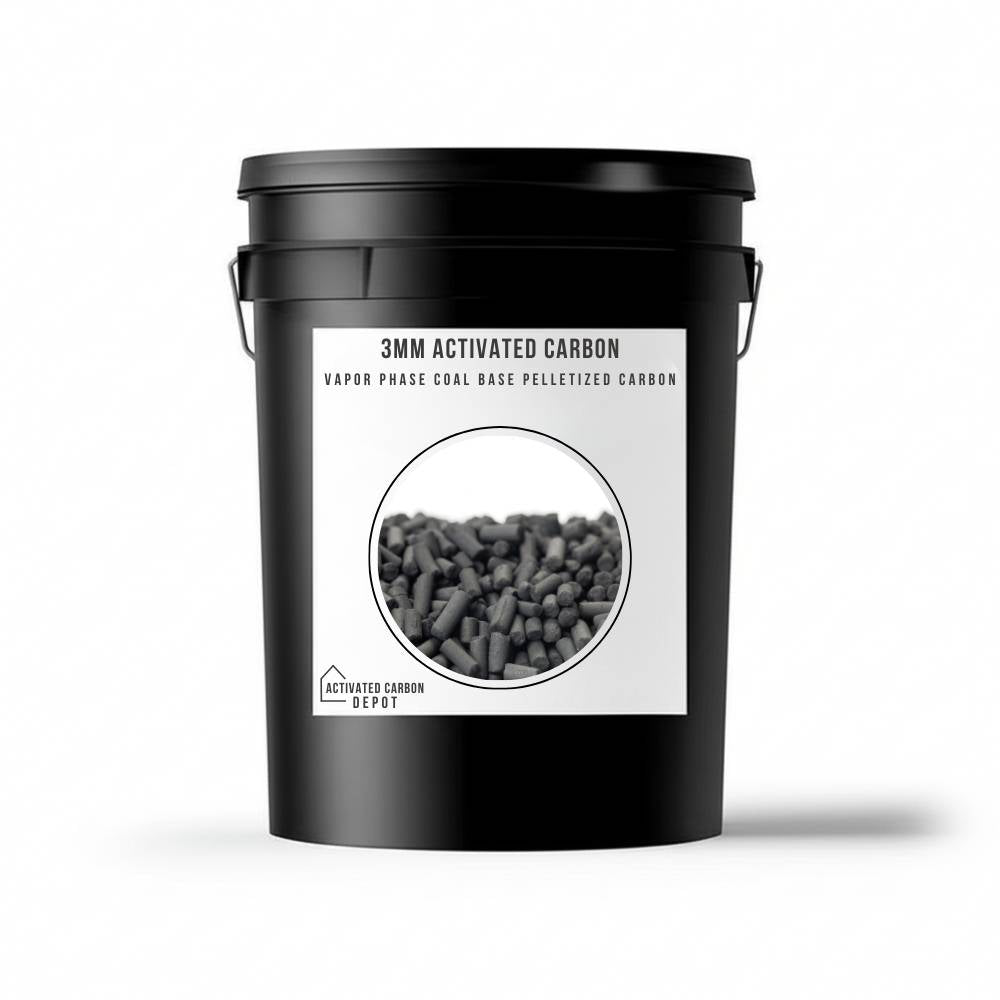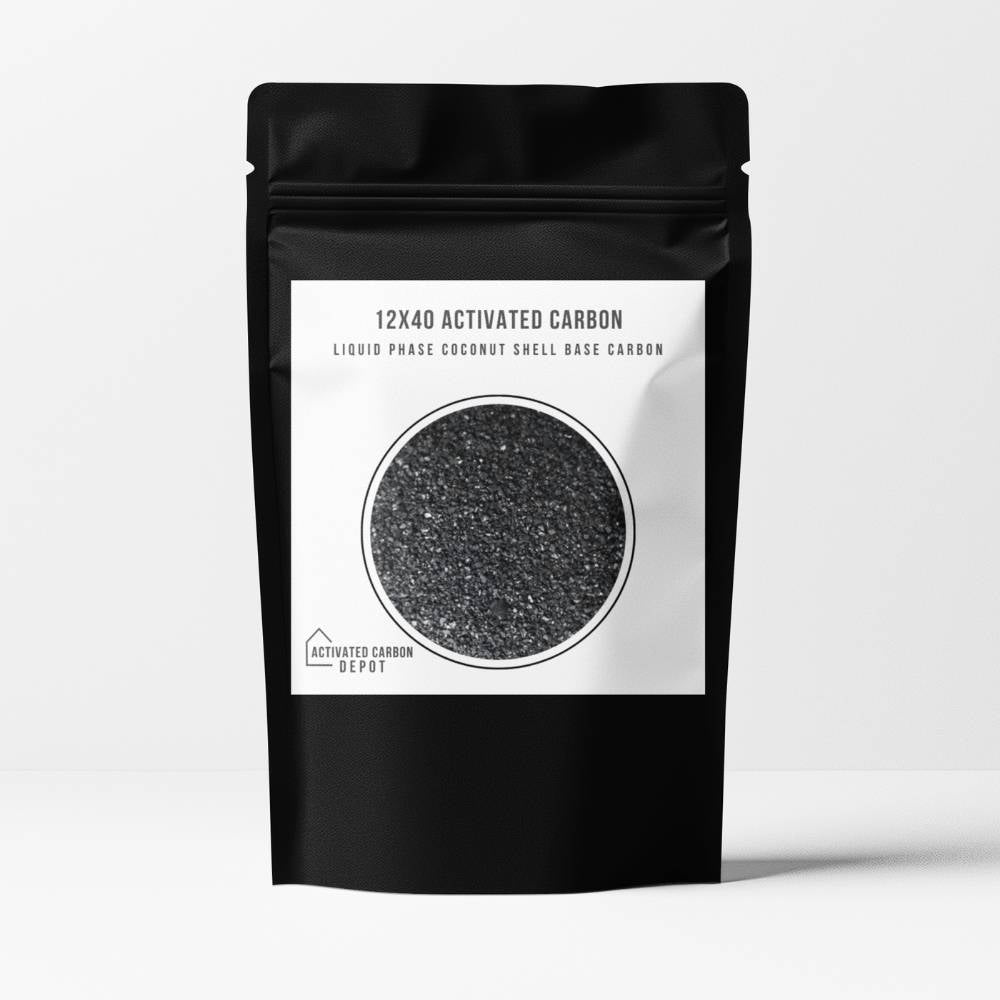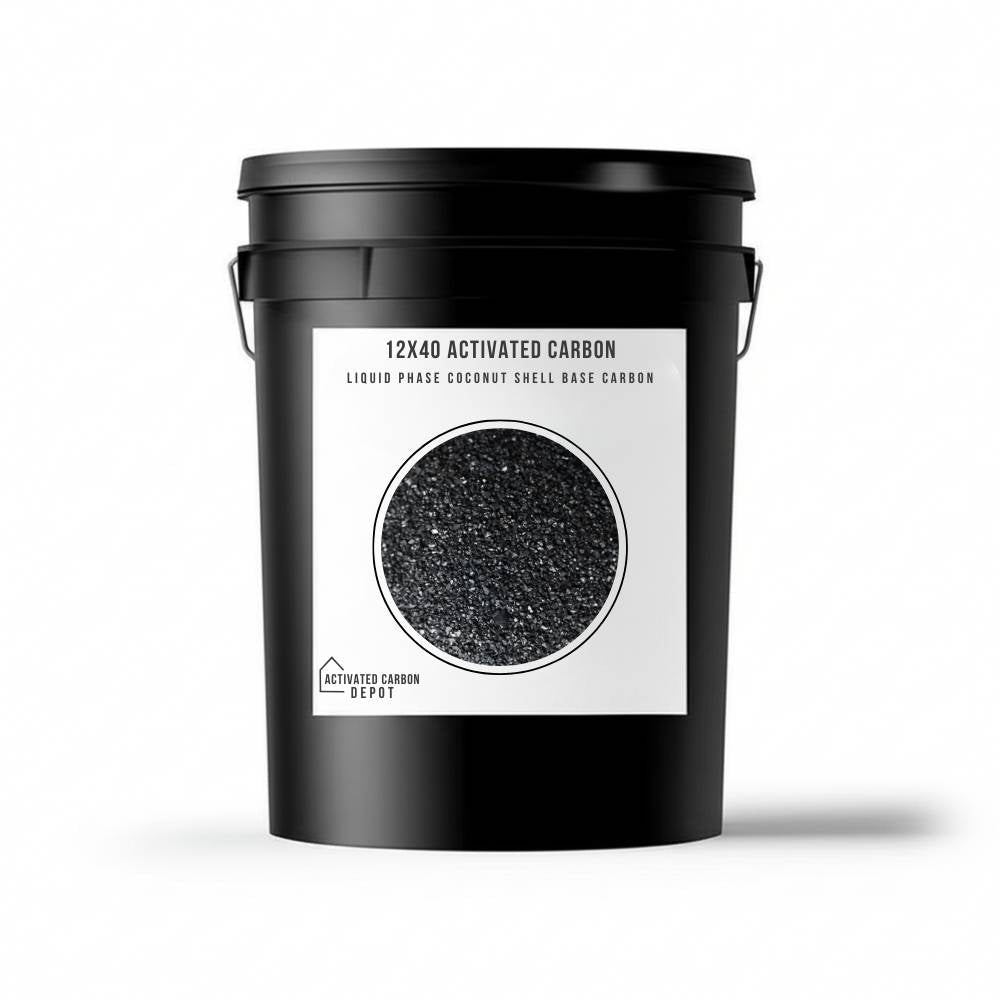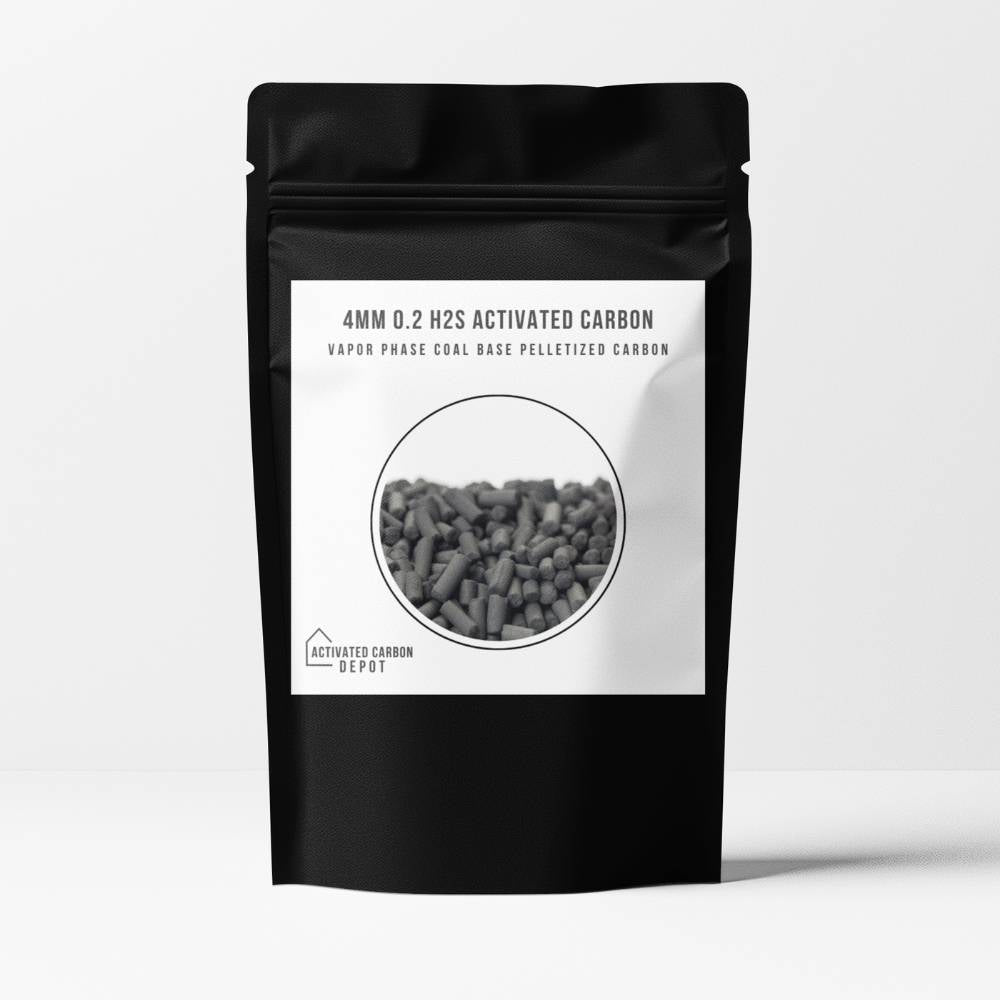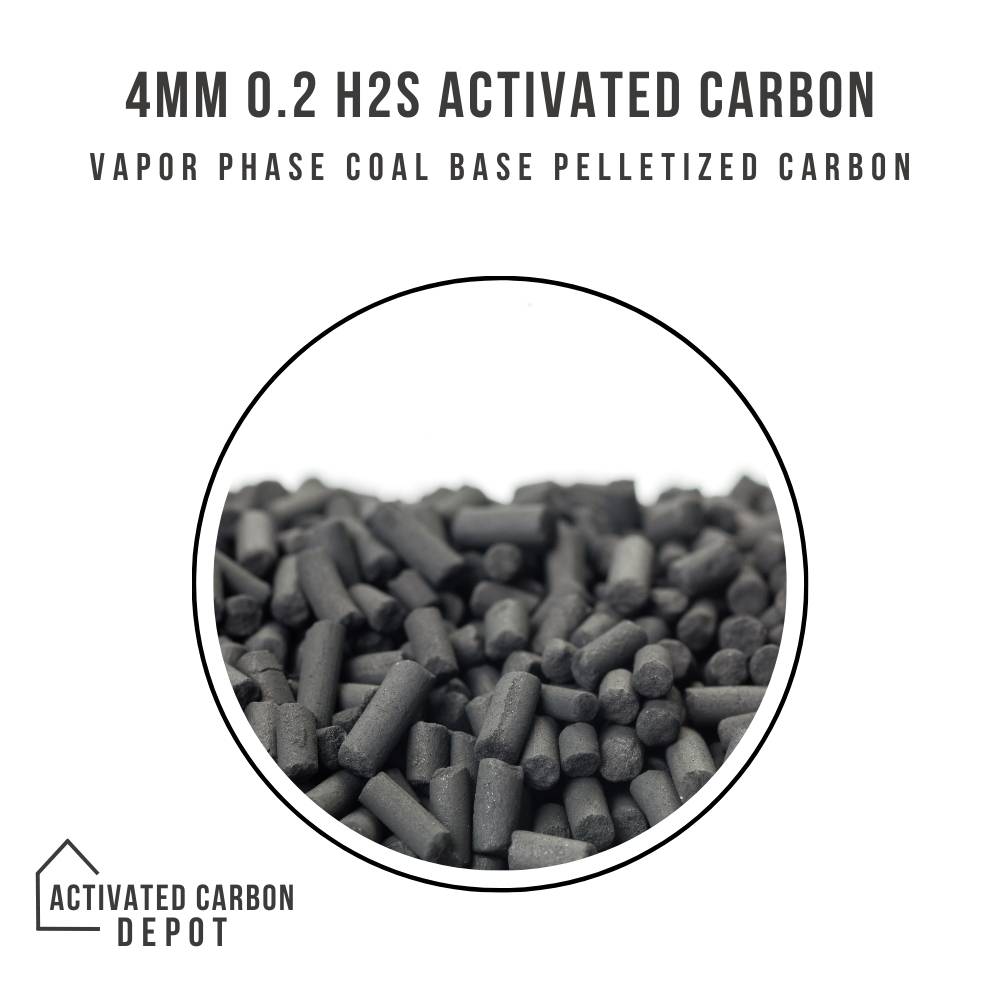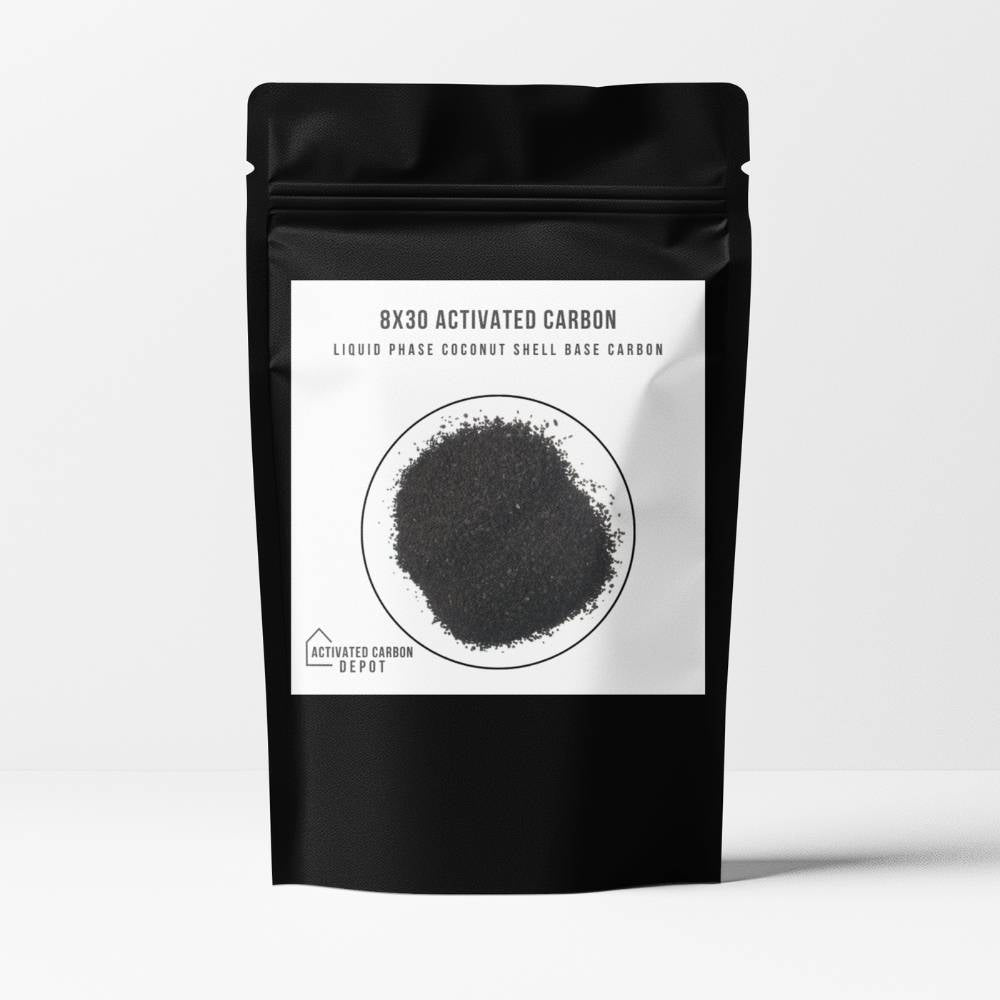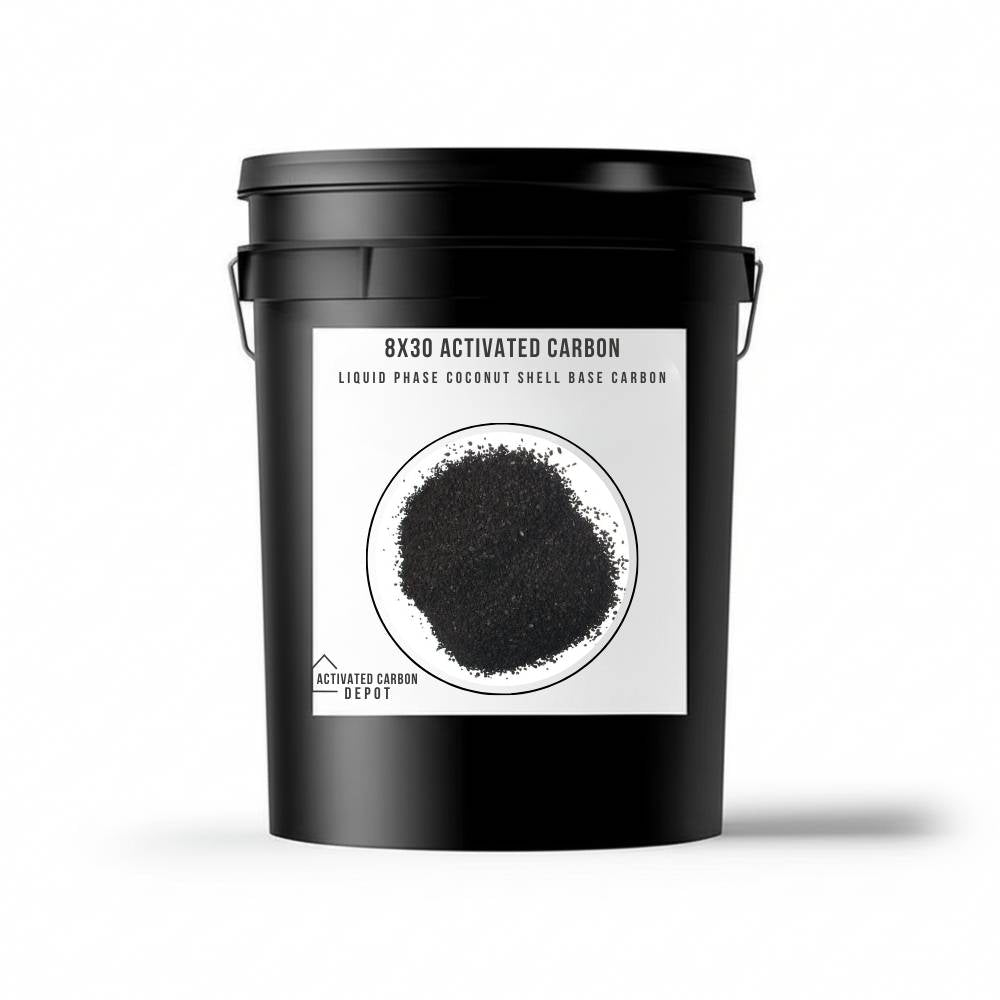Activated charcoal, also known as activated carbon, is an exceptionally porous form of carbon that has been processed to increase its surface area and adsorption capacity. This unique material is widely used across various industries for its ability to purify, detoxify, and decolorize. Here’s a comprehensive overview of everything you might want to know about activated charcoal, from its production to its myriad applications.
Production of Activated Charcoal
Activated charcoal is made from carbon-rich materials like wood, coconut shells, peat, or coal, which are heated to high temperatures in an oxygen-limited environment. This process, known as pyrolysis, helps to reduce the formation of tar and retain a highly porous structure. Following pyrolysis, the charcoal undergoes an activation process, typically involving steam or chemicals at high temperatures, which erodes the internal structures and further increases the porosity and surface area.
Properties of Activated Charcoal
- High Surface Area: Activated charcoal has a vast surface area (500–1500 m²/g), making it excellent for adsorbing large quantities of chemicals or toxins.
- Pore Structure: The size and distribution of pores can be controlled during the activation process, allowing for customization based on specific applications.
- Adsorption Capacity: It can adsorb a wide range of organic and inorganic compounds, making it a versatile purifying agent.
Applications of Activated Charcoal
- Water Filtration: Used in both residential and industrial water filters to remove contaminants like chlorine, sediments, and volatile organic compounds.
- Air Purification: Often found in air filters to remove odors, pollutants, and allergens from air, enhancing indoor air quality.
- Medical Uses: Activated charcoal is a common emergency treatment for certain kinds of poisoning and drug overdoses, as it can adsorb toxins before they are absorbed by the body.
- Beauty and Health Products: It is used in a variety of health and beauty products, including facial masks, toothpaste, and digestive cleansers, due to its detoxifying properties.
- Industrial Processes: It is also used in the chemical and pharmaceutical industries to purify raw materials, recover solvents, and remove impurities from products.
Benefits of Activated Charcoal
- Detoxification: Effective in binding toxins and chemicals, thereby reducing their absorption in the body.
- Deodorization: Can trap odor-causing particles and compounds, making it ideal for use in refrigerators, shoes, and underarm products.
- Purification: Whether it's purifying water, air, or industrial chemicals, activated charcoal's adsorptive capabilities make it invaluable.
Safety and Side Effects
While activated charcoal is generally considered safe for most applications, it is not without potential side effects, particularly when ingested. It can cause nausea, vomiting, and constipation and may also reduce the absorption of certain medications. As such, it should be used with caution in dietary and medical applications, and it is advisable to consult with a healthcare provider before use.
Conclusion
Activated charcoal is a powerful and versatile substance with a wide range of applications from medical treatments to personal care and industrial processes. Its unique properties of high surface area and strong adsorptive capacity make it an invaluable resource in many fields. Whether used in water filters, skincare products, or poison control, activated charcoal offers a natural and effective solution to purify and detoxify.

